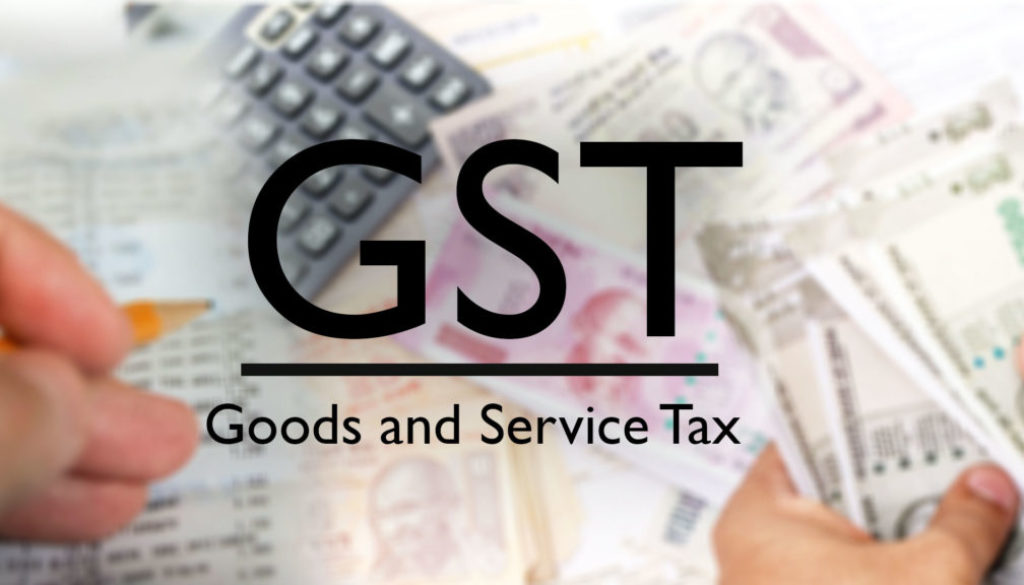The Commerce Ministry has let the exporters start the New Year in a better frame of mind. The last date for filing applications for duty credit scrips under the Merchandise Exports from India Scheme (MEIS) and Services Exports from India Scheme (SEIS) is now extended till the end of January. Also, the applications for redemption of advance authorisations and issue of Export Obligation Discharge Certificates (EODC) can now be filed manually.
Many notifications have been issued under the Customs, Excise and Goods and Services Tax (GST) laws to align the entries with the new Harmonised System of Nomenclature (HSN) that came into effect from January 1.
The GST Council has decided to defer the hike in GST rates on specified textile materials from 5 per cent to 12 per cent. The Council has extended the tenure of the Group of Ministers on rate rationalisation and will review the matter in its next meeting. The decision follows representations from many states and textile industry associations regarding the compliance difficulties of small traders and higher prices to consumers.
Many changes in the GST laws have come into effect from the beginning of this year. The services provided by clubs and associations to its members will attract GST with retrospective effect since the introduction of GST on July 1, 2017. Input Tax Credit (ITC) can be taken only if the supplier has filed the GSTR-1 return for the relevant period and the auto-populated GSTR-2B statement shows the credit available. The suppliers filing quarterly returns already have the facility to furnish invoice details. The credit of GST paid through reverse charge mechanism and on import of goods will be available. However, all conditions stipulated in Section 16(2) of the Central GST Act, 2017, should be satisfied for taking the ITC.
The taxpayers who do not file GSTR-3B return will not be able to file GSTR-1 return in the next month. The tax liability will be determined in accordance with GSTR-1 and if the amount in GSTR3B happens to be less, it will be treated as shortfall in tax payment and recoveries will be made without issue of show cause notice. Henceforth, Aadhaar verification of specified functionaries and authorised signatories is mandatory.
In certain cases, any conclusion of proceedings against the main noticee will also result in conclusion of proceedings against co-notices. The last date for filing the annual returns GSTR-9 and GSTR-9C for the year 2020-21 has been extended till end February 2022. The services provided by e-commerce operators now attract 5 per cent GST.
Provisional attachment of properties, dues from creditors or bank accounts of taxable person or any person who causes to commit certain offenses can be made upon initiation of any proceedings (instead of only in cases of serious offenses). For violations of the provisions relating to e-way bills, the penalties go up steeply. Appeals against penalties on e-way bill violations have to be accompanied with predeposit of 25 per cent of the penalty. In certain situations, proceedings for auction of confiscated goods and conveyance can be initiated. The GST administrators are now empowered to collect any GST related data from any person and use the information so gathered in any proceedings.
The government hopes for better compliance through such changes. However, many taxpayers are apprehensive that such deterrent measures and discretionary powers will make it difficult to do business.
Source Link :
Source File :
